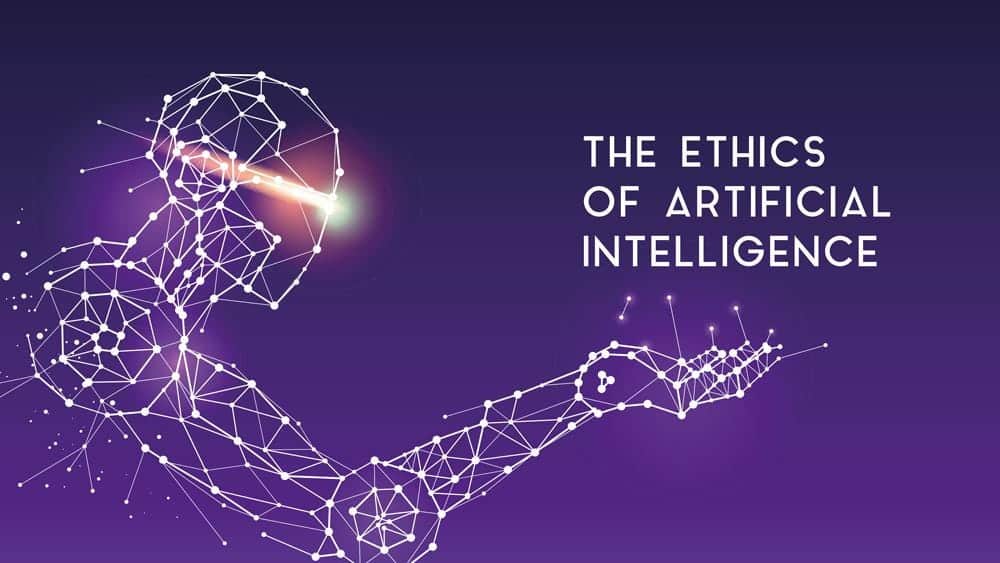Ethical considerations in AI deployment

In an era dominated by rapid advancements in artificial intelligence (AI), the ethical deployment of such technologies has become a central concern for global education. This blog post explores the moral obligations and considerations that come with integrating AI into various sectors, fostering a responsible approach towards its utilization.
Understanding these ethical imperatives not only safeguards the interests of all stakeholders involved but also ensures that technological progress aligns with humanity's collective welfare and educational goals.
Moral Foundations of AI in Education
The integration of AI into global education systems offers unprecedented opportunities for personalized learning and access to knowledge. However, this necessitates a robust ethical framework to mitigate potential biases and inequalities that could stem from its deployment.
Ensuring data privacy, securing consent for data usage, and maintaining transparency in AI's functionality are foundational to uphold the trust and integrity of educational institutions.
Additionally, addressing the digital divide and ensuring equitable access to AI-enabled resources are critical to prevent exacerbating existing educational disparities.
Accountability and AI Governance
As AI systems become more integral to educational strategies, establishing clear accountability for their outcomes is essential. This involves delineating responsibility among developers, educators, and policymakers for the AI's impact on learners' progression.
Creating comprehensive governance frameworks that include ethical audits and impact assessments can help in monitoring AI applications, ensuring they are beneficial and non-discriminatory.
Designing Ethical AI for Education
The design phase of AI solutions for global education is pivotal in ensuring these technologies reflect ethical principles. Involving educators, students, and ethicists in the design process can foster systems that are not only technologically advanced but also culturally sensitive and inclusive.
Moreover, commitment to ethical AI must be incorporated into the curriculum, preparing students to critically engage with emerging technologies and understand their societal implications.
Championing Privacy and Security
Protecting the privacy and security of educational data within AI systems is paramount. This involves implementing robust cybersecurity measures and educating users about data protection practices.
Ensuring that AI applications respect user privacy and operate transparently will build confidence in their use for educational purposes.
Fostering Equitable AI Use
To realize the full potential of AI in enriching global education, efforts must be made to ensure its benefits are universally accessible. This means addressing infrastructural disparities and providing tailored resources for underserved communities.
Partnerships between governments, educational institutions, and the private sector can drive initiatives aimed at democratizing AI education, making knowledge more accessible across the globe.
Future-Proofing Education with AI
As we look towards the future, the ethical deployment of AI in education necessitates continuous learning and adaptation. Policymakers and educators must stay abreast of technological developments, ensuring that ethical considerations evolve alongside AI's capabilities.
This proactive approach will safeguard the interests of future generations and ensure that AI serves as a tool for enhancing global education, rather than a source of division.
In conclusion, the ethical deployment of AI in global education requires a multifaceted approach that addresses privacy, equity, and accountability. By embedding ethical considerations into the fabric of AI development and implementation, we can harness its potential to transform education, making it more personalized, accessible, and inclusive for learners worldwide. The journey towards ethical AI in education is ongoing, and it is incumbent upon us all to contribute to shaping a future where technology and ethical responsibility go hand in hand for the betterment of global education.

Related